The Democratic Republic of the Congo (DRC) has taken legal action against European subsidiaries of tech giant Apple, accusing them of profiting from the exploitation of illegally mined minerals.
The criminal complaints, filed in Paris and Brussels on Tuesday, December 17, 2024, allege that Apple’s supply chain incorporates materials sourced from conflict zones in eastern DRC and Rwanda. These “blood minerals,” as they are often called, are said to fuel armed violence, child labor, and environmental degradation in the region.
At the heart of the case is the DRC’s claim that Apple has knowingly benefited from contraband minerals smuggled out of conflict-ridden areas. These materials, critical for manufacturing computer chips and tech devices, allegedly make their way into global supply chains despite being mined in conditions linked to war crimes and human rights violations. The legal team also accuses Apple’s French and Belgian subsidiaries of misleading consumers with false claims about the ethical integrity of their supply chains.
Eastern DRC, a region rich in minerals such as coltan, gold, and cobalt, has been a hotspot of conflict since the 1990s. Armed groups, including the M23 rebels, have been accused of exploiting these resources to finance their activities. The situation has worsened in recent years, with renewed clashes in North Kivu province leading to widespread displacement and suffering.
Kinshasa has repeatedly accused Rwanda of supporting these rebel groups to gain control of the DRC’s resource-rich territories, a claim Kigali denies.
Meanwhile, international watchdogs, including the United Nations and NGOs like Global Witness, have documented extensive evidence of illegal mining activities contributing to violence and instability in the region.
The criminal complaints, which include charges of war crimes, laundering, forgery, and deception, mark what DRC’s Washington-based lawyer Robert Amsterdam called a “first salvo” in holding Apple accountable. “Apple is a company that must be assumed to know the consequences of its actions,” he said. “Enough with denials of accountability and hiding behind the false narrative of supply chain defenses!”
William Bourdon, a Paris-based lawyer representing the DRC, echoed these sentiments, calling the complaints a significant step towards exposing “the policy of endless enrichment at the cost of the most serious crimes staining African supply chains.” Christophe Marchand, another lawyer based in Brussels, highlighted the broader public interest, noting the growing scrutiny from European consumers and organizations over international supply chains.
The legal team has also reached out to European Commission President Ursula von der Leyen, urging her to address the role of the EU in fostering accountability and curbing violence linked to mineral extraction in sub-Saharan Africa.
Apple has refuted the allegations, maintaining that it rigorously verifies the origins of the materials used in its products. The company stated last year that it had “no reasonable basis for concluding” that its supply chain included illegally sourced minerals. Rwanda, too, dismissed the accusations, with government spokesperson Yolande Makolo accusing Kinshasa of using the allegations as a diversionary tactic.




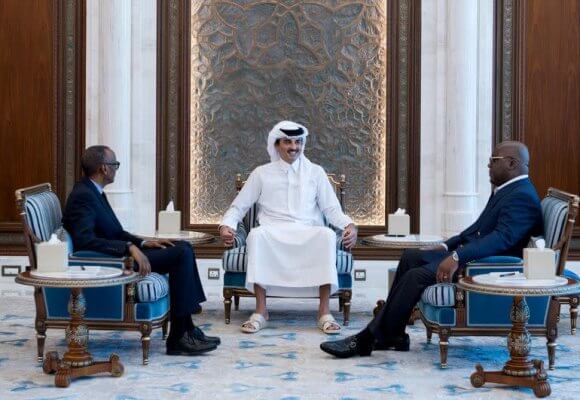
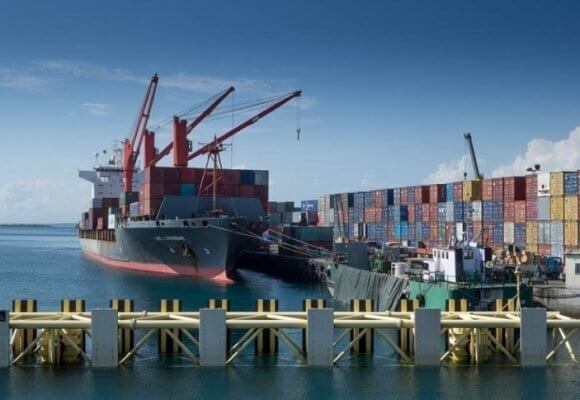

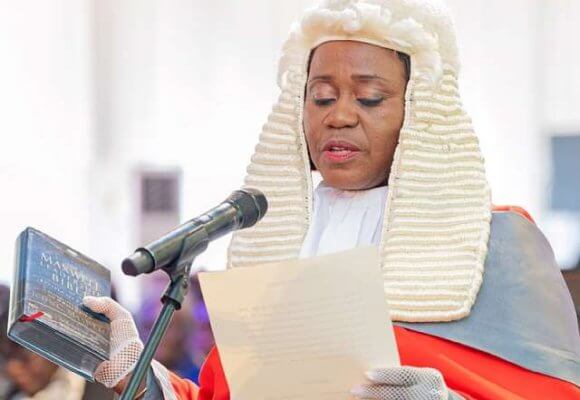
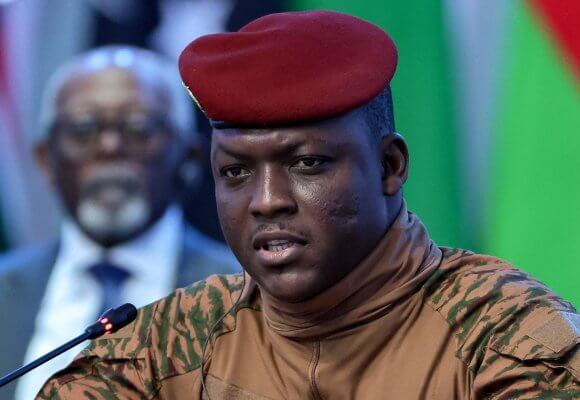

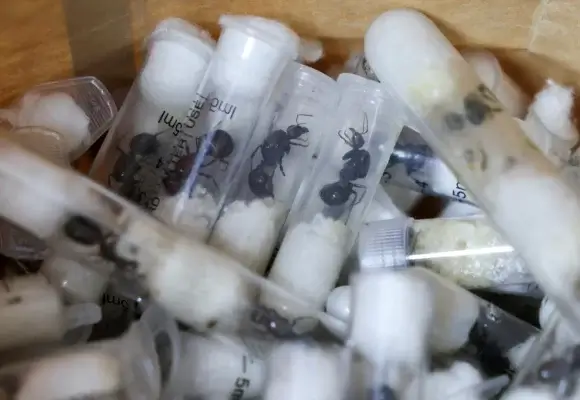
LEAVE A COMMENT
You must be logged in to post a comment.